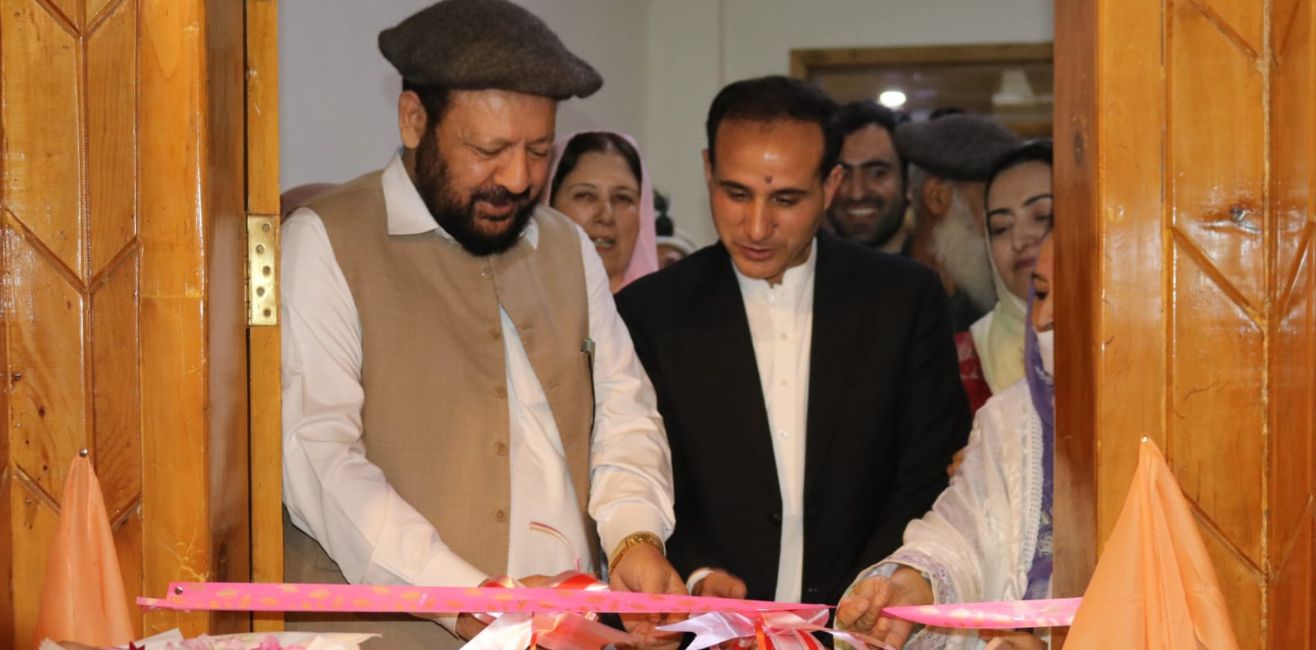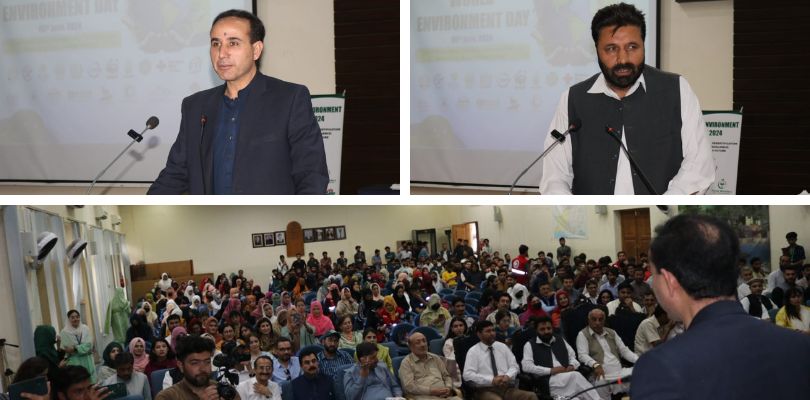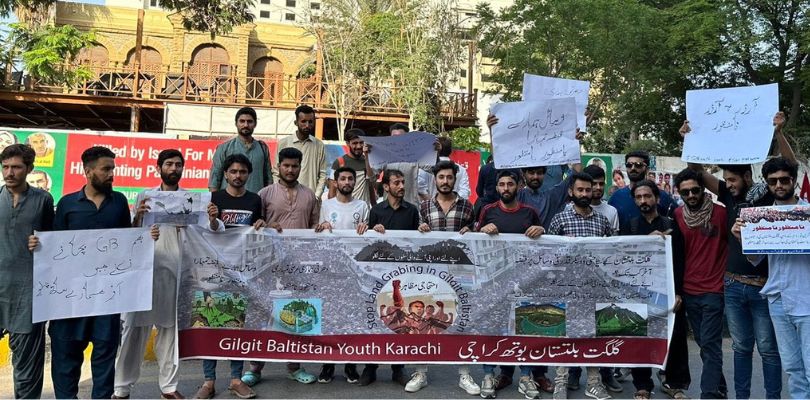By C.R. Akbar Shah
June 1, 2022: Gilgit-Baltistan (GB) has the largest number of water reservoirs outside of polar regions. Blessed with a large number of rivers and streams, the mountainous region has a huge potential for power generation.
According to the World Bank and Asian Development Bank, Gilgit-Baltistan has a potential of 60,000 to 70,000-megawatt electricity generation. Similarly, an Australian NGO working in the field of power generation has found a potential of 2 lakh megawatt power generation in GB.
The total power demand in Pakistan and Gilgit-Baltistan is 24 thousand megawatts and 1000 megawatts respectively. With a serious intervention in hydel power, 50 thousand megawatts of electricity can be generated on a daily basis thus meeting the power needs both at the local and national levels.
Hydel power stations are one of the 10 major ways of power generation in the world. However, in the case of GB, successive governments have been least interested in tapping into the water resources the region is endowed with. They have failed to add even 500 megawatts of electricity to the power system.
According to a report presented to the Standing Committee of the National Assembly on energy, gas, and petroleum, power demand in GB during winters was only 454 megawatts whereas the electricity generation was only 86 megawatts. Similarly, power demand during summers was 272 megawatts against a generation of 150 megawatts.
There are more than 120 hydel power stations in the region of which 30 percent are not functioning to their full capacity. Poor maintenance and outdated control and distribution system leads to issues, i.e. power theft and power losses. Furthermore, ninety-nine percent of powerhouses built along streams are vulnerable to floods and other natural disasters because of faulty site selection, poor planning, and feasibility.
During winters, the power generation reduces to the lowest owing to the shortage of water in the streams causing more than 20 hours long load shedding. Despite the allocation of billions of rupees annually, the power projects are not completed in time. For instance, dozens of power projects were started in the Musharaf time that still await their completion.
Deforestation is a major issue in GB as the locals rely upon forests for firewood. Generation of enough electricity can help prevent uncontrol cut down of trees thereby preventing environmental pollution. Unfortunately, the successive governments and concerned departments have been least bothered to integrate it into much-publicized development plans. In absence of a viable power generation and distribution system, the government claims are more of a mirage than real development.
With the start of the CPEC project, it was announced that economic and industrial zones would be established in GB. Without an efficient power generation and distribution system, such announcements are nothing more than hoodwinking locals to lend their support to CPEC. How come a power deficient region could be a hub of economic and industrial zones?
Moreover, with a rapid increase in population, the energy crisis is further deepening. The federal government needs to pay special attention to this issue. Contrary to their claims, successive governments at the local level have practically done nothing except corruption.
A number of inquiry committees were formed followed by the release of reports with no action. Consequently, the general public has lost the trust in the power department so much so that it is demanding handing over the power sector to Chinese engineers. Thus in order to streamline the power system, objective and scientific-based planning is need of the day.
Plenty of investment opportunities in the power sector can be created if proper attention is paid. Generation of power should be considered a matter of life and death for GB. Without becoming self-sufficient in electricity generation, the development is a mere dream.
The writer is a Gilgit-Baltistan-based senior journalist and columnist associated with local and national newspapers.














